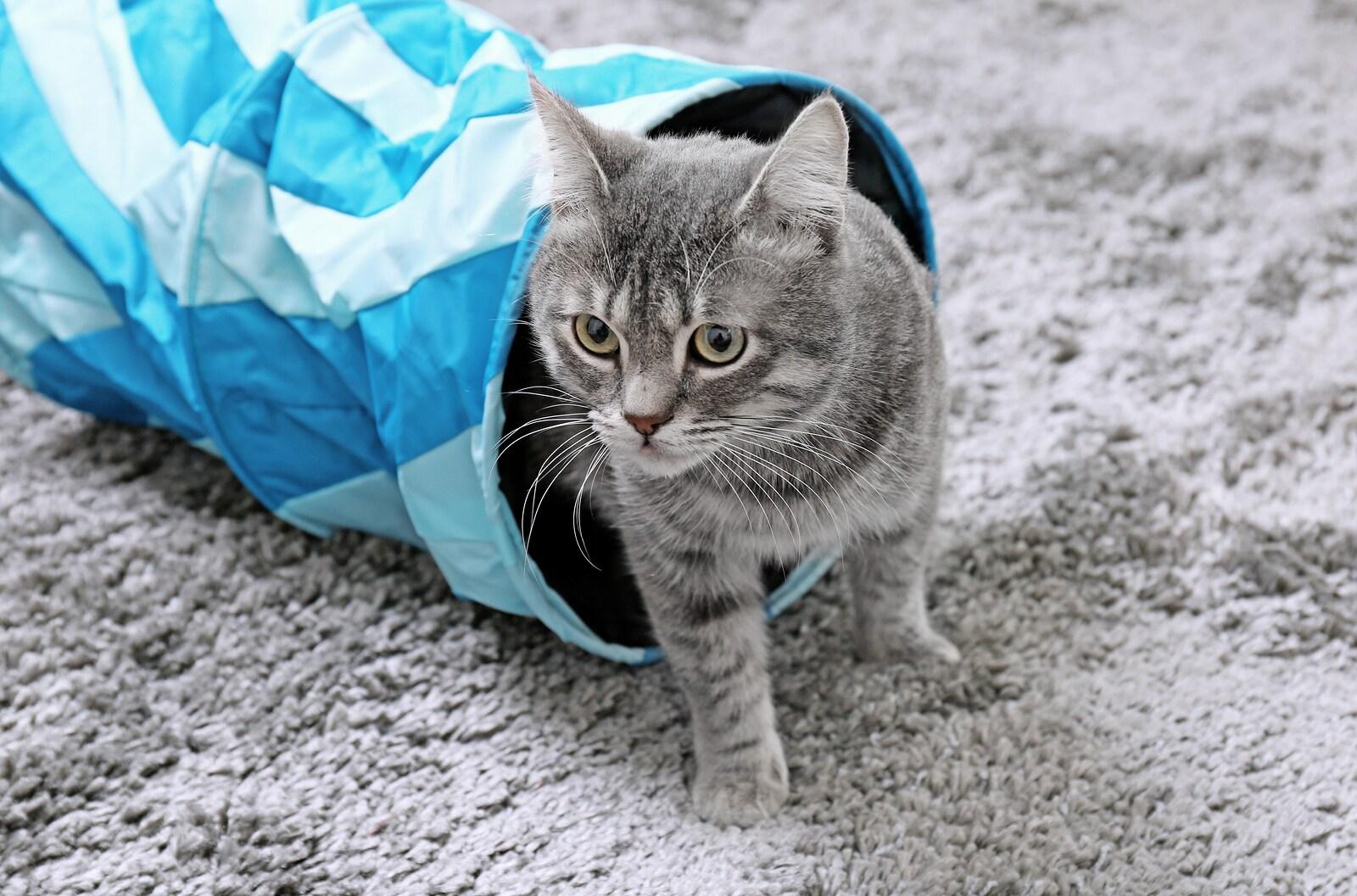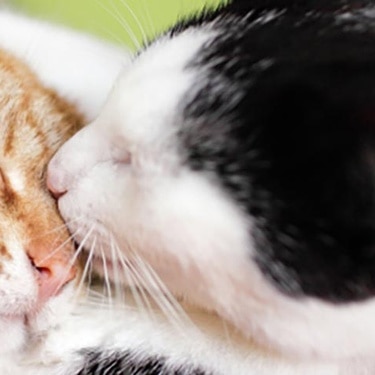
-
Find the right food for your petTake this quiz to see which food may be the best for your furry friend.Find the right food for your petTake this quiz to see which food may be the best for your furry friend.Health CategoryFeatured products
 Adult Perfect Weight & Joint Support Chicken & Brown Rice Recipe Dog Food
Adult Perfect Weight & Joint Support Chicken & Brown Rice Recipe Dog FoodThis weight management and mobility support dog food was created with Hill’s unique understanding of the biology of overweight dogs.
Shop Now Puppy Sensitive Stomach & Skin Salmon & Vegetable Stew
Puppy Sensitive Stomach & Skin Salmon & Vegetable StewGentle on stomachs while nourishing skin & supporting development in growing puppies
Shop Now Adult 6+ Large Breed Chicken Meal, Barley & Rice Recipe Dog Food
Adult 6+ Large Breed Chicken Meal, Barley & Rice Recipe Dog FoodSupports energy level, joint health, and beautiful coat in large breed mature dogs
Shop NowFeatured products Adult Sensitive Stomach & Skin Cat Food
Adult Sensitive Stomach & Skin Cat FoodHighly digestible food that is gentle on the stomach. Nourishes skin & promotes lustrous fur.
Shop Now Adult Chicken & Spinach Casserole Cat Food
Adult Chicken & Spinach Casserole Cat FoodWith delicious chunks in a decadent gravy
Shop Now Adult 11+ Indoor Chicken Recipe Cat Food
Adult 11+ Indoor Chicken Recipe Cat FoodSupports brain health and beautiful fur in mature indoor cats
Shop Now -
DogCat
- Cat Tips & Articles
-
Health Category
- Weight
- Skin & Food Sensitivities
- Urinary
- Digestive
- Kidney
- Dental
- Serious Illness
-
Life Stage
- Kitten Nutrition
- Adult Nutrition
Featured articles Water
WaterWater is the most important nutrient of all and essential for life. Animals can lose almost all their fat and half their protein and still survive, but if they lose 15% of their water, it will mean death.
Read More The Right Diet For Your Pet
The Right Diet For Your PetLearn what to look for in healthy pet food & nutrition, including ingredients, quality of the manufacturer, your pet's age, and any special needs they have.
Read More Pet Food Storage Tips
Pet Food Storage TipsWhere you store your cat and dog food can make a big difference in the quality and freshness once it is opened. Here are some common questions and recommendations for optimal storage for all of Hill’s dry and canned cat and dog food.
Read More -


So you adopted a cat? Congratulations! Cats make great pets and excellent companions. A new kitty is sure to bring joy and laughter to your home.
But how do you keep your new furry friend healthy? Check out these cat health tips divided into seven important categories.
1. Food
How much should you feed your cat? First, choose a high-quality food. The feeding guidelines on the side of your cat food bag are a good starting point. Keep in mind your cat's age. Kittens, adults and senior cats have different nutritional needs. Some cats also have special nutritional needs because of an illness or a food allergy, according to Cummings Veterinary Medical Center. Carefully watch your cat's weight to make sure you're not overfeeding her. Cat obesity is a serious problem! Your veterinarian is a great resource, and they can point you in the right direction concerning the best cat food and portion control tips.
2. Water
How much water should she drink? The amount of water your cat needs to drink varies depending on her size, activity level, health and diet, but ranges from 5 to 10 fluid ounces per day. Some cats can be particular about their water intake. Their desert-dwelling ancestors get most of their fluids from prey, Catster reminds us, so domestic cats don't have the same urge to drink that dogs or people do. Offering a mix of wet and dry food can help keep your kitty hydrated.
3. Exercise
Does your cat need exercise? Yes! It might seem like she wants to spend most of her day sleeping, but making sure your furry friend is mentally stimulated and engaged through play will make her healthier and happier. It's also likely to make things more peaceful for you, especially if you see her begging for attention or developing destructive behaviors because she can't burn off her energy. You don't have to put her on a treadmill to give her kitty cardio. Hiding treats, dragging string toys for her to chase and providing a climbable cat tree are all simple ways to encourage your cat to exercise.



Tasty Tips
4. Litter Box Habits
It's not the best job in the house, but cleaning the litter box is one of the most important. You should scoop the box daily and replace the litter entirely as needed — you'll be able to tell by the smell when that time comes. Most cats take to the litter box naturally, but if yours need a little help with litter box training, we have some tips. The box is also a good indicator of your cat's health, according to the TheAmerican Society for the Prevention of Cruelty to Animals® (ASPCA). Going outside it when she usually doesn't could be the sign of a serious health problem. Keep an eye out for cat poop that looks too hard, too soft or has streaks of blood.
5. Scratching
Yes, your cat will scratch. It's a natural part of their behavior that you'll have a hard time discouraging. Scratching the wrong surfaces can be frustrating. You can, however, redirect your cat to a scratching post rather than the arm of your couch. You can also discourage her from scratching a spot you don't want her to by simply applying double-sided tape to the area. You can even make your own scratching post.
6. Grooming
Cats are great at keeping their coats shiny and sleek by grooming themselves. Short-haired cats might need brushing occasionally, but long-haired cats should be brushed more often to help reduce shedding and lessen hairballs. Petcha notes that any changes in your cat's grooming routine — such as chewing or licking at a particular spot, itching or losing fur — are worth pointing out to your vet as a possible sign of skin problems or allergies. Trimming your cat's nails regularly can also minimize any damage from scratching. Finally, your cat's teeth need to be brushed almost as often as yours. Ask your vet about what products and foods to use for dental care at home. You should never give your cat human toothpaste.
7. Vet Visits
You should take a new cat to the vet as soon as you can after bringing her home, along with any records you were given about her prior care. Depending on her history, she'll likely need some vaccines, along with an overall health exam. Your vet can give you cat health tips beyond the basics listed here and should be someone you trust to ask any questions you have about your cat's health. Vets are a great resource for issues big and small.
With a lot of care and love, you can help keep your cat healthy and happy for years to come with the right care and love.


Kara Murphy is a freelance writer and pet parent who lives in Erie, Pa. She has a goldendoodle named Maddie.
Related products

With delicious chunks in a decadent gravy

Gourmet daily nutrition, carefully made. Tasty chunks with chicken & beef in a decadent gravy. Supports digestive health, nourishes skin and promotes a lustrous fur.

With delicious chunks in a decadent gravy

With delicious chunks in a decadent gravy
Related articles

Get helpful information on proper feline oral healthcare and why it's so vital to take care of your cat's teeth.

As a responsible pet owner you owe it to yourself and your cat to understand problems associated with overweight cats.

Being overweight puts a cat at risk for developing many serious health issues. Weight gain indicates an increase in body fat and usually results when your cat eats too much and exercises too little.

HillsPet Nutrition provides information on proper nutrition, fitness and special needs in keeping your cat healthy and happy.

Put your cat on a diet without them knowing
Our low calorie formula helps you control your cat's weight. It's packed with high-quality protein for building lean muscles, and made with purposeful ingredients for a flavorful, nutritious meal. Clinically proven antioxidants, Vitamin C+E, help promote a healthy immune system.
Put your cat on a diet without them knowing
Our low calorie formula helps you control your cat's weight. It's packed with high-quality protein for building lean muscles, and made with purposeful ingredients for a flavorful, nutritious meal. Clinically proven antioxidants, Vitamin C+E, help promote a healthy immune system.

